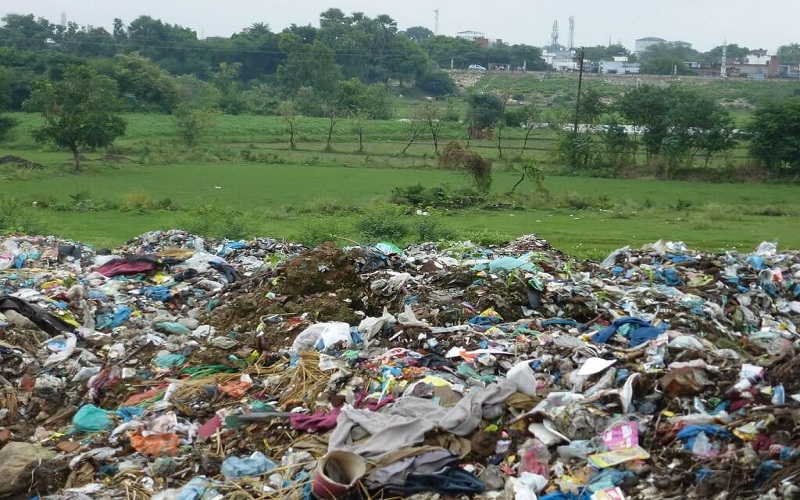Recycling is essential for limiting the impact on the environment, cutting waste, and preserving resources. On the other hand, recycling may be harmful to the environment and public health if done incorrectly. This post will explore the negative effects of inappropriate recycling methods and the need to recycle properly.
Environmental Degradation
Recycled items that are not properly disposed of or recycled might wind up in landfills or incinerators, which can pollute the environment. This may cause dangerous chemicals and greenhouse gases to be released into the atmosphere, polluting the air and water. Burning electronic garbage, for instance, emits harmful compounds into the air, including lead, mercury, and brominated flame retardants, which may seriously endanger the health of people nearby.
Depletion of Resources
Natural resources are depleted when priceless materials are not recycled appropriately. For example, scarce resources such as platinum, palladium, and rhodium are mostly extracted from the earth’s crust. When metals are not recycled properly, they end up in landfills or incinerators, which raises the need for new mining and extraction operations that further deplete limited resources and harm ecosystems.
Pollution of Recycling Flows
It can be challenging to recover valuable materials from recycling streams that have been contaminated by non-recyclable items mixed in with recyclables. Resources and energy may be wasted if recycling plants reject contaminated items and send them to landfills instead. For instance, plastic bags can block recycling equipment and lower the quality of recovered materials when they are inappropriately combined with other recyclables.
Health Hazards
Inadequate recycling practices can seriously endanger the health of communities and workers. Lead, cadmium, and mercury exposure are examples of hazardous elements that can cause neurological diseases, respiratory difficulties, and other major health concerns. Employees in unregulated recycling industries, where safety protocols are frequently deficient, are especially susceptible to these health hazards.
Economic Loss
Businesses and communities may suffer financial losses as a consequence of ineffective recycling techniques. Valuable materials represent a missed chance for cost savings and income creation when they are not recycled or disposed of incorrectly. For instance, recycling end-of-life catalytic converters to recycle rhodium can be very profitable; however, improper recycling of these converters results in the loss of valuable rhodium content.
Regulatory and Legal Concerns
For towns and companies, improper recycling can also result in legal and regulatory problems. Breaking recycling laws and environmental restrictions may result in fines, penalties, and reputational harm. Improper recycling techniques can also increase government expenditures on trash management and environmental cleaning.
Conclusion
Inappropriate recycling has wide-ranging implications that might seriously harm the economy, the environment, and public health. Improper recycling procedures can lead to a number of undesirable results, including environmental damage, resource depletion, contamination of recycling streams, health concerns, financial loss, and legal complications. People, organisations, and governments must embrace responsible recycling methods, such as appropriate material sorting, disposal, and recycling, in order to lessen these consequences. We can save resources, safeguard the environment, and create a more sustainable future for future generations if we recycle correctly.

